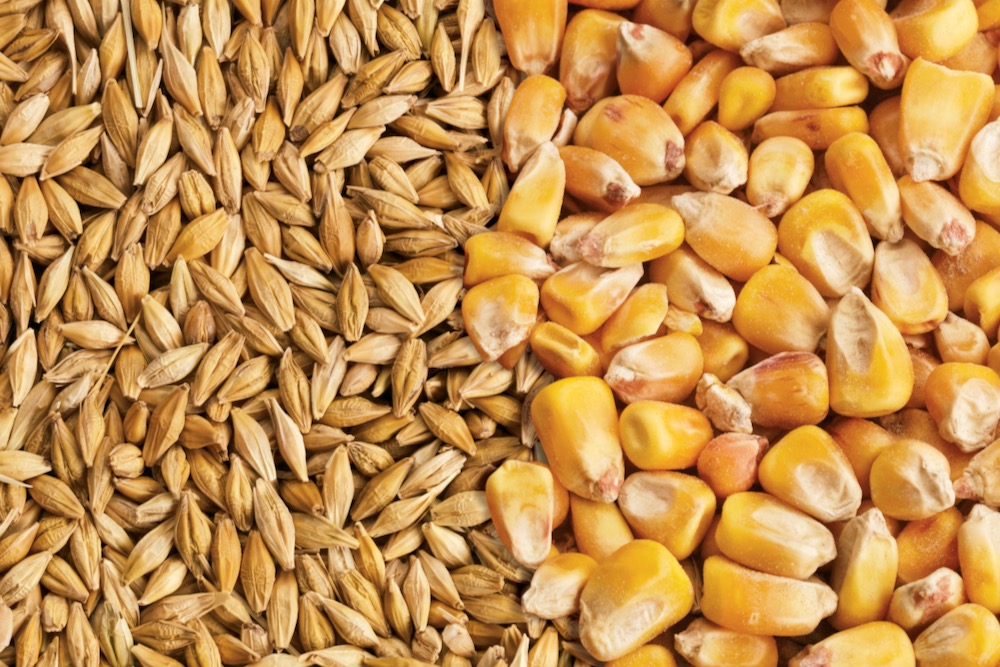Second day of CAPI conference tackles ESG

Day two of the Canadian Agri-Food Policy Institute (CAPI) Canadian Agri-Food in a Sustainable World conference in Ottawa focused on environment, social and governance (ESG) requirements.
Panels covered ESG and the changing Canadian ag landscape from national and global perspectives.
The first panel focused on ESG standards in a global context.
IFRS Foundation Montreal office Director Isabelle Mégré, said that in many international markets, like the United States and European Union, sustainability disclosure could soon become standard.
To illustrate how this could affect Canada, she gave the example of a California bill set to take effect in 2026 which would see large companies required to disclose climate-related financial risks, including value chain emissions.
Read Also


Feed Grains Weekly: Feed prices stabilizing, but weight an issue
Prices for feed barley in Western Canada have stabilized over the past week, although low bushel weights were leading to discounts.
“Canada was worth nine billion in 2023,” she said of Californian export money. “We are actually California’s top agriculture and agri-food export market”
Centre for Agri-Food Benchmarking Founder David McInnes asked the speakers how ESG standards can be created to apply to the disparate sectors of Canadian agriculture.
“The standards are not a one-size fits all as we might think,” Mégré said. “It actually requires a lot of judgment and reflection from new companies that are using it.”
“It might feel like a one-size-fits-all, because there’s one set of standards. But really, when you dig into it, it’s about reflecting on what is affecting your company’s perspectives, your company’s business models.”
“We’re trying to find this common place where it can fit for everybody,” she said.
Canadian sustainability Standards Board Interim Chair Bruce Marchand stressed the importance of having organizations like his remain independent in this process.
“In some countries, the regulator sets the standard and the regulation at the same time,” he said, “and in other countries, the regulator and the standards are separate, but they’re both an arm of government.”
“I want to stress that our board is independent, so it’s not a government and it’s not a government board like our sister boards.”
Mégré closed the discussion by warning that ESG regulation can be very politically polarizing. She said that this has created a fear of backlash among investors wanting to discuss ESG.
The second panel took on upcoming policy such as the Jan. 1, 2025, implementation of the S1 and S2 of the ESG Sustainability Disclosure Standards as well as Bill C-59, which aims to increase greenwashing accountability.
Deloitte Senior Manager of Infrastructure and Capital Projects Michelle Leslie expressed concern over how producers and businesses will have a burden of proof put on them for their sustainability efforts in accordance with Bill C-59. “There’s no standard as to what that burden of proof is,” she said.
Leslie thought definitions of sustainability have not been sufficiently broadened beyond just environmental factors. “If you achieve emissions reductions but it’s at the cost of bankrupting communities, if it’s at the cost of making people poor in the process, then I would say you have failed.”
Pulse Canada VP of Corporate Affairs Greg Northey said ESG goals are not as important to Canadian producers and consumers as other economic development goals.
“From an agricultural sector perspective, we’re still very much focused on how do we become the best, most competitive producer in these global markets,” he said. “And a lot of the time, sustainability, ESG, is not as much an issue.”
United Farmers of Alberta Sustainability Director Selene Munro said there should be more attention paid to cost and scope when creating ESG standards.
“There is a cost to implementing or building or consolidating these standards. Not all programs are built out. There is no understanding of scope.”
“A lot of those organizations will not meet the requirements for reporting because they’re not publicly traded,” said Munro. “The companies that are publicly traded are going to need or require that data from individuals within the supply chain, and that will go down to producers.”
The panelists also highlighted the importance of data collection for influencing public policy.
Before lunch, breakout groups of attendees discussed questions about disclosure standards and a National Index. Following the break, panelists from the breakout groups debriefed on the Importance of consolidation and issues with limited awareness of the standards.
They also spoke to the importance of translating tenets of the International Sustainability Standards Board (ISSB) to be relevant to ag-specific data tracking.
Finally, Centre for Agri-Food Benchmarking Tarra Drevet closed the conference with some words about ESG, sustainability and data collection, stressing the importance of quality information and communication of data.
Drevet communicated an overall note of hope in her closing remarks: “I think we can be optimistic about what’s coming up next.”
Source: Farmtario.com

